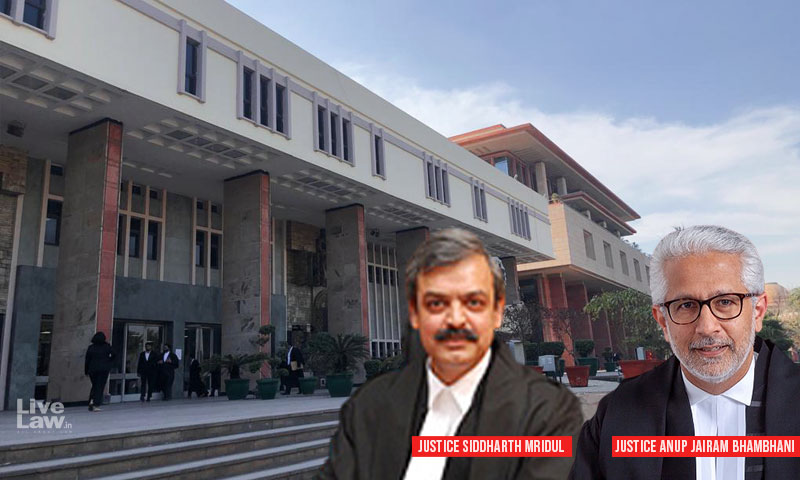'Terrorist Acts' Under UAPA Only Deal With Matters Impacting 'Defence Of India' And Not Ordinary Law & Order Problems : Delhi High Court
Shreya
15 Jun 2021 7:35 PM IST

"In our opinion, the intent and purport of the Parliament in enacting the UAPA, and more specifically in amending it in 2004 and 2008 to bring terrorist activity within its scope, was, and could only have had been, to deal with matters of profound impact on the 'Defence of India', nothing more and nothing less"
Next Story


